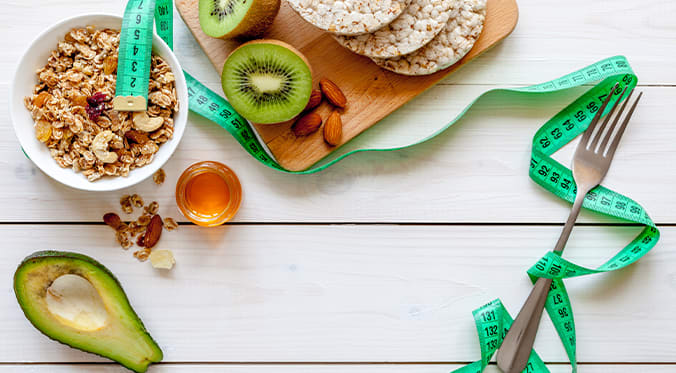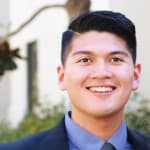Diets: Hype, Hope, and Reality

Many diets out there claim to help you lose weight, feel great, or even cure cancer. We see them on TV shows (sometimes touted by medical doctors!), in magazine ads, in social media and beyond. Maybe you have friends who say they are “going keto” or “nightshade-free.” There’s a lot of information out there and, unfortunately, it’s not all backed by science.
Whether you are trying to prevent cancer, recover from it, or just stay healthy… before you make changes to your diet, it’s important to understand what’s behind the craze.
In our upcoming Hype Guide, PCF analyzes the good and the bad, the fad and the craze, behind all of the latest nutrition trends. Below is a sneak peak of whether the anti-angiogenic diet, popularized in a 2018 Newsweek story (among others) has any scientific weight behind it.
Diet name: Anti-angiogenic
What it is: Angiogenesis is the normal bodily process of developing blood vessels. Because tumors rely on the development of a blood supply for growth, cancer growth is dependent on this process. Therefore, this diet aims to prevent the growth of blood vessels that feed nutrients to cancer cells by targeting foods with anti-angiogenic properties.
Why it Seems to Work: Molecules found in specific fruits, vegetables and herbs have been shown to suppress angiogenesis. In an extreme form of the diet, by solely eating foods such as berries, cruciferous veggies, green tea, and garlic, people believe they can “starve” cancer cells by cutting off the blood supply that feeds them.
Reality: For the most part, the ability of anti-angiogenic foods to inhibit tumor growth has yet to be investigated in large, rigorous clinical trials in humans. Much of the research so far has been conducted in cell samples or animal models. This diet also may promote a very narrow view of healthy eating. While anti-angiogenic foods are components of a healthy, balanced diet, it’s important to include a broad range of high-fiber whole foods rather than cherry-picking (pun intended!) a few supposedly “standout” anti-angiogenic examples.
Stay tuned for more from our Hype Guide in 2020!
Make sure to discuss any dietary changes that you are considering with your doctor. There is no single diet that will prevent or cure cancer.










